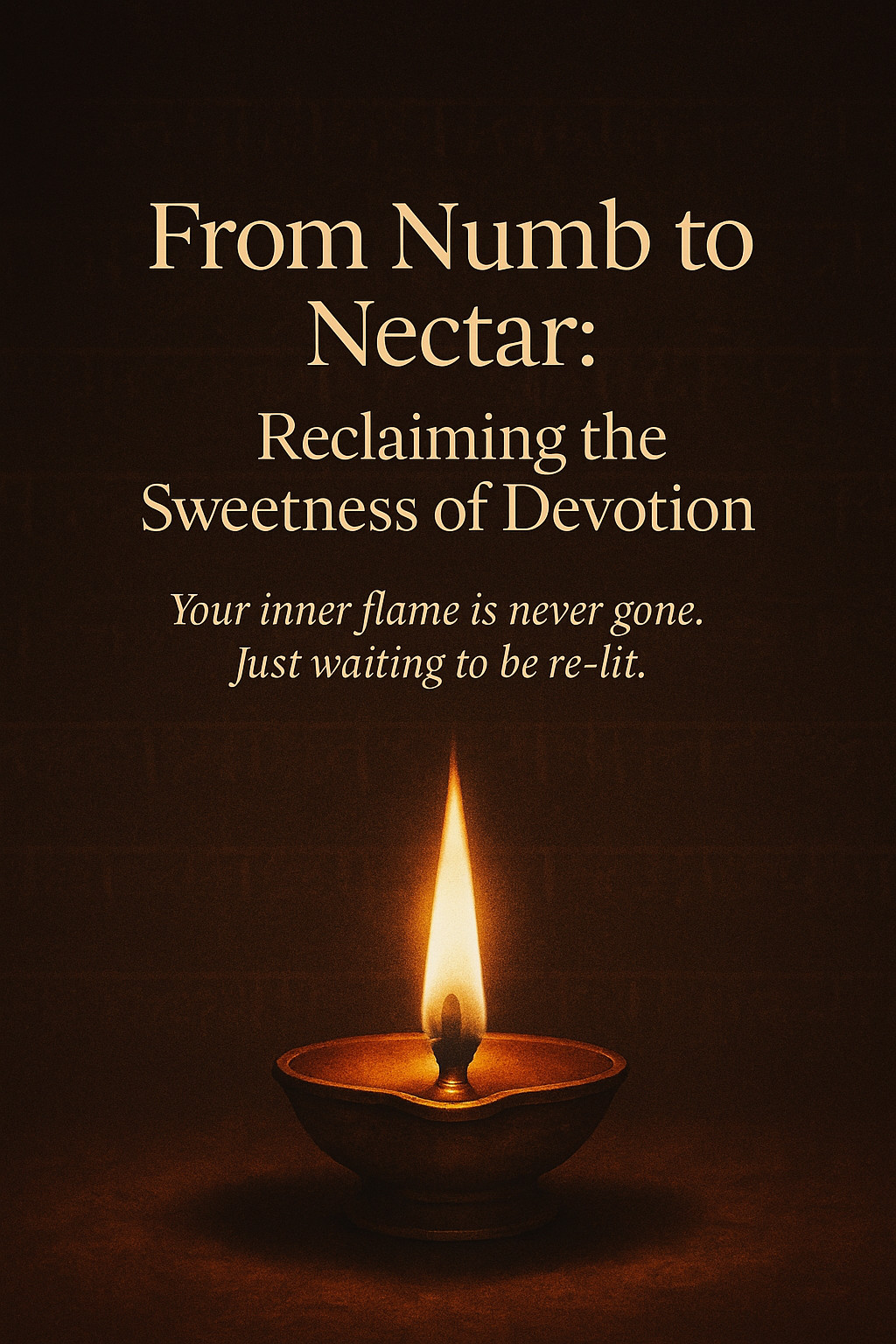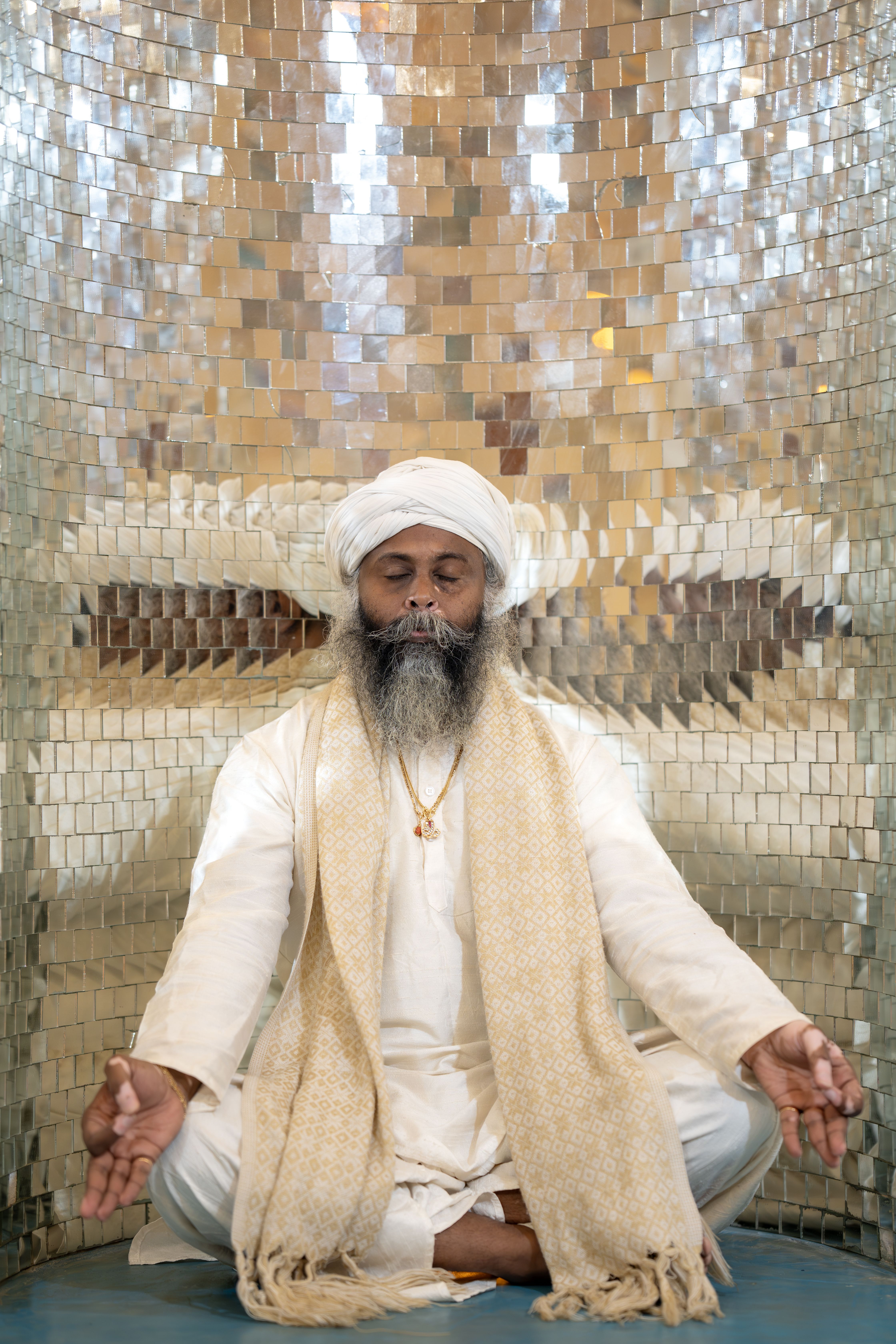For Radhastami, the celebration of Goddess Radha's divine birth, devotional chanting invokes her grace, love, and spiritual qualities. Various mantras help deepen devotion, elevate consciousness, and invite the blessings of Radha Rani. These include the Radha Gayatri Mantra, Radha-Krishna Mantra, Radha Ashtakshara Mantra, Radha Sahasranama Stotram, Radha Krishna Pranam Mantra, and Radha Stuti.
The Radha Gayatri Mantra connects devotees to Radha's divine feminine energy, encouraging spiritual devotion. The Radha-Krishna Mantra celebrates the union of Radha and Krishna, embodying divine love and bliss. Short but profound, the Radha Ashtakshara Mantra, and extensive chants like Radha Sahasranama Stotram, along with Radha Krishna Pranam Mantra and Radha Stuti, target different aspects of worship and blessings.
Recommended practices for these mantras include chanting early in the morning or during specific puja times, repeating each mantra 108 times using a mala, and setting clear intentions. By engaging in these practices, devotees invite Radha's divine love and spiritual grace into their lives, making Radhastami a deeply enriching experience.
Read more...Radhastami, the birth anniversary of Srimati Radharani, is one of the most treasured festivals in the Vaishnavite tradition, observed on the eighth day of the waxing moon in the month of Bhadrapada (August-September). As the eternal consort of Lord Krishna, Radharani embodies pure devotion, divine love, and the feminine cosmic balance, representing the dynamic interplay of masculine and feminine forces in the universe. On this auspicious day, devotees fast until noon, offer special prayers, sing hymns, and recount her love and devotion to Krishna.
Spiritually, Radharani is regarded as the "Queen of Vrindavan" and epitomizes unconditional love and devotion, transcending the material realm to illustrate the ultimate connection between the soul (Radha) and the Divine (Krishna). Radhastami reminds us that the path to spiritual enlightenment lies in selfless love, sacrifice, and unwavering devotion, symbolizing the eternal balance of cosmic forces. Her pure, transcendent devotion devoid of material attachment serves as a beacon for attaining karmic balance and spiritual growth through selfless service (Seva).
Observing Radhastami offers numerous spiritual benefits, including cleansing the mind, body, and soul through fasting and chanting, meditating on Radha’s love to enhance one's capacity for unconditional love, and achieving inner harmony by aligning one's masculine and feminine energies. The festival emphasizes that acting with selfless love and devotion, free from expectations, aligns one's karma and fosters positive spiritual outcomes. By embracing Radha’s divine energy and principles, devotees can cultivate inner peace, balance, and divine grace.
Read more...Pitru Paksha, also known as Shradh or Mahalaya Paksha, is a 16-day period in the Hindu calendar dedicated to honoring deceased ancestors with prayers, food, and rituals to ensure the peace of their souls. Hindus believe that during this period, the souls of ancestors descend to Earth to bless their descendants, and performing Shradh rituals is crucial for their liberation and salvation. In 2024, Pitru Paksha will be observed from September 18 to October 2.
Each day of Pitru Paksha has specific rituals dedicated to individuals who passed away on corresponding lunar days. For instance, Purnima Shradh on September 18 is for those who died on a full moon day, while Pratipada Shradh on September 19 is for those who passed on the first lunar day, and so forth until October 2, which marks Chaturdashi and Amavasya Shradh. The rituals typically involve food and water offerings, tarpan (water offering), and special prayers to honor the departed souls.
Key practices during Pitru Paksha include offering tarpan, performing Pind Daan (offering rice balls mixed with sacred items), feeding Brahmins and the poor, following a strict vegetarian diet, and offering food to crows, believed to be messengers of the ancestors. By adhering to these customs, people seek the blessings of their forebears for prosperity, health, and spiritual growth.
Read more...Setting healthy boundaries is vital for personal growth and the maintenance of emotional well-being, especially for individuals who have experienced abusive or challenging childhoods. Suppression of emotions like anger, learned as a survival mechanism in abusive environments, can hinder the ability to establish necessary boundaries in adulthood. Despite these challenges, recognizing the importance of boundaries is the first step toward healthier relationships and self-care.
Overcoming conditioned fears such as the fear of rejection and the discomfort of unlearning survival skills involves self-compassion and an understanding that growth is a gradual process. Recognizing struggles and celebrating incremental progress can help in this journey. Strategies such as starting small, practicing assertiveness, and seeking support through therapy or support groups can be effective in setting and maintaining healthy boundaries.
Ultimately, setting healthy boundaries paves the way for balanced, respectful relationships and ensures that your emotional and physical needs are met. It allows for better protection of your energy and contributes to overall well-being. Embracing the process with a focus on progress rather than perfection facilitates lasting personal growth and self-improvement.
Setting healthy boundaries is essential for personal growth, especially for those with challenging or abusive upbringings. Growing up in such environments often conditions individuals to avoid conflict and suppress emotions, leading to difficulties in establishing necessary boundaries as adults. This can result in emotional strain and unbalanced relationships.
Healthy boundaries are crucial for maintaining emotional well-being and forming respectful, balanced relationships. They protect your energy and ensure your needs are met without feeling drained or overlooked. Overcoming conditioned fears involves self-compassion, recognizing that boundary-setting is a gradual process, and focusing on progress rather than perfection.
To effectively set boundaries, start small by addressing less intimidating situations and practicing assertiveness. Techniques like Kundalini Yoga can aid in releasing suppressed emotions, building self-awareness, and overcoming fears ingrained from past experiences. Seeking support from therapy or groups can also provide a safe space to practice and reinforce new behaviors.
Read more...Rebuilding trust and connection in a relationship after facing challenges can be deeply healing. Open Communication Sessions are essential, as they create a safe space for both partners to express feelings, fears, and desires without judgment, using "I" statements and active listening. Additionally, practicing Kundalini Yoga together can enhance spiritual and emotional intimacy, helping to clear emotional blockages and creating a sense of unity.
Reflecting and forgiving past hurts through written letters can address wounded feelings and foster a desire to move forward, both privately or aloud. Creating a shared vision board aligns future goals and dreams as a couple, reinforcing mutual commitment. Engaging in daily acts of kindness, setting aside time for trust-building exercises, and seeking professional counseling can significantly aid in rebuilding trust.
Participating in selfless service (Seva), planning a reconnection retreat, and cultivating a daily gratitude ritual are powerful ways to reconnect and solidify the relationship. These activities focus on reinforcing shared values, removing distractions, and fostering a positive atmosphere. Through consistency and mutual commitment, couples can gradually rebuild trust, sensitivity, and a committed vision for the future.
Read more...
